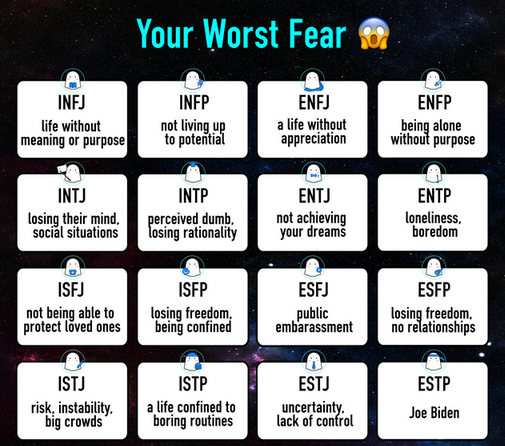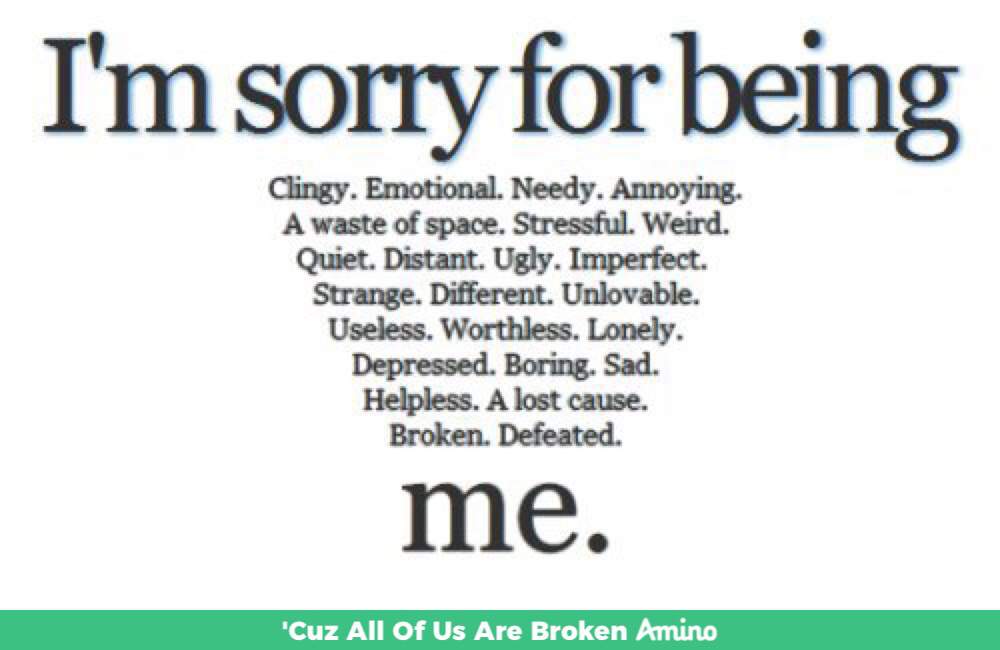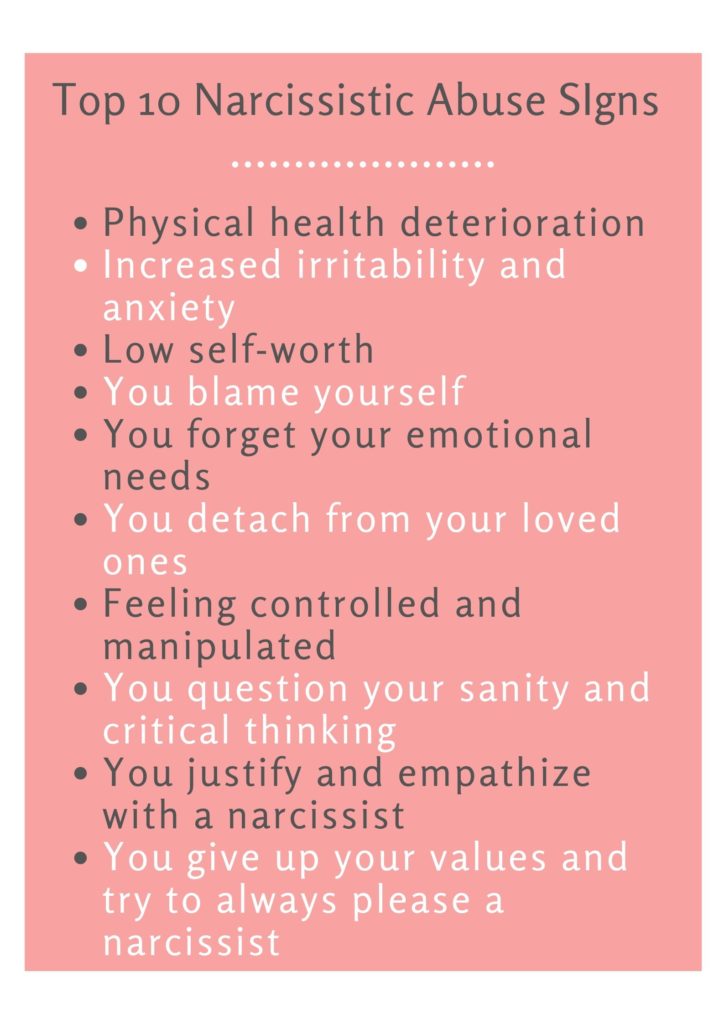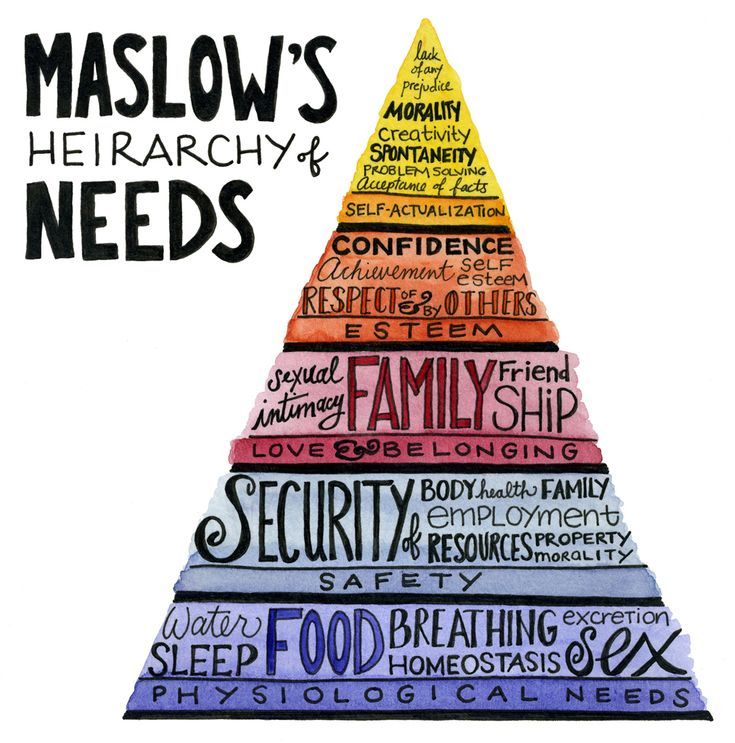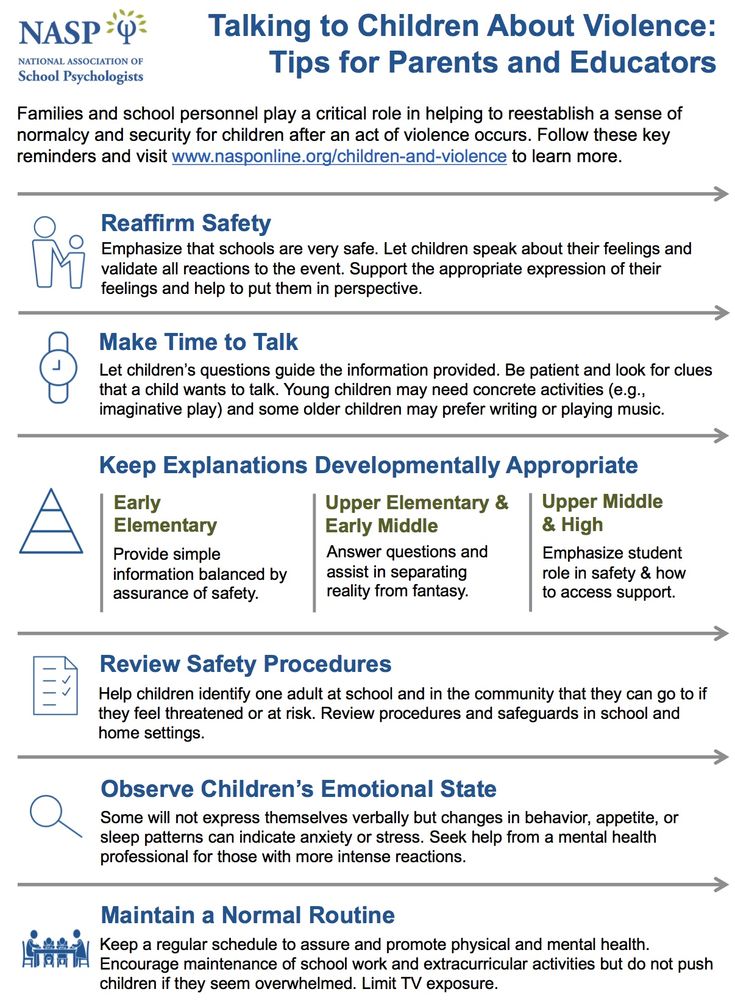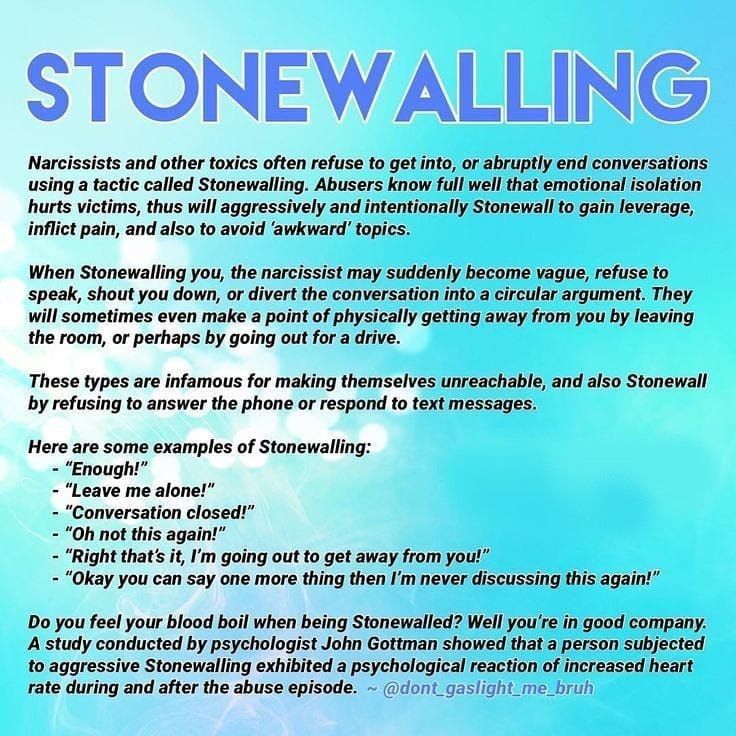Getting rid of toxic family
5 Strategies to Cope With Toxic Family Members
I’ve written a few posts about toxic people but I think toxic family members deserve a piece of their own. Probably all of us will experience one or two toxic people during our lifetime—co-workers and bosses, lovers and former spouses, people we thought were friends, acquaintances of friends, uncooperative neighbors, and many others.
Family members represent a group unlike any other because we are related to them. And that means it may be much harder to deal with them simply because we think we can’t get rid of them. It’s much more complicated when people are blood relations, and when, because you are family, you will probably need to be around them on many occasions.
Up close and personal, toxic family members may be your parents, your siblings, aunts, uncles, grandparents, and anyone distantly related to any of them. It’s hard to cut people off when others close to you are still involved with them. It’s hard to cut people off when other family members have definite opinions and try to weigh in.
Being related complicates matters but the fact is, when all else fails, we can and often need to exclude certain family members from our lives.
But before anything, just to review, what makes a person toxic? Here are just a few of the basic characteristics.
- They are manipulating. They will do whatever they need to control you and any situation that they feel is in their best interest.
- They blame others for everything, especially things about themselves they don’t want to acknowledge. They rarely ever say they’re sorry for their actions.
- They take no responsibility for their own actions. In their mind, they can do no wrong.
- They have no concern for anyone else’s thoughts, feelings, and needs.
- They are often critical, judgmental, and cruel. There is simply no emotional filter and see no reason to control how they express themselves—yelling, name-calling, and worse.
- They make you feel guilty for things you didn’t do.
- They lie and cheat to get their way.

Here are five ways to cope with toxic family members.
1. Create boundaries. OK, easier said than done, but very essential to do. Certainly, it’s easy to get caught in the web of toxic behavior if you’re new at the game, meaning you’ve just begun to experience what it’s like to be in the company of a toxic person. If you’re experienced, it means you’ve already probably gone a few rounds with family members and are getting the hang of it. (In reality, you never really get the hang of it, or want to.)
How to set boundaries may take some time to figure out, especially if there are few or no boundaries within your family, or with specific family members. The point is toxic people don’t want you to have boundaries because it’s harder to control someone who is not easily accessible to them. A toxic person lives for invading other people's boundaries. That way they can say and do anything they feel like anytime they want to. Creating boundaries limits a lot of their behavior.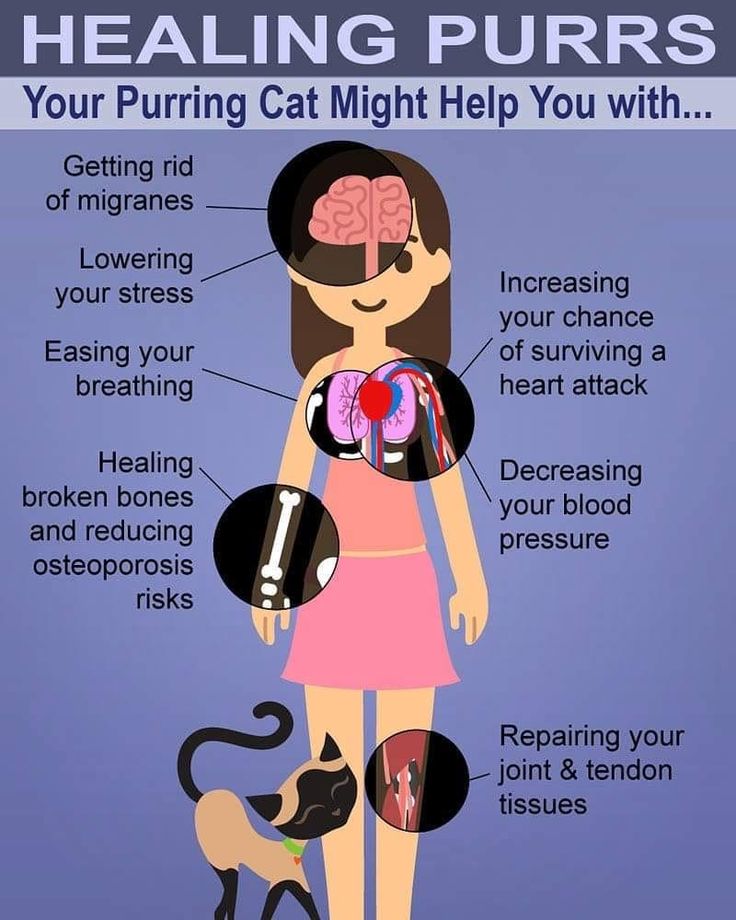
2. Limit your contact. This may be hard to do, especially because family members often get together on various occasions. And although you may not be able to totally avoid that contact you can find ways to make sure you surround yourself with people you do get along with as a way to insulate yourself from toxic family. And for heaven’s sake, don’t allow yourself to be cornered alone in a room.
Don’t confide in a family member that has turned out to be someone you can’t trust. Don’t share personal information that can be used against you. If you have to communicate at all, keep it straightforward and simple. The second you sense argument or confrontation, don’t engage. Rather, leave the space as fast as you can.
3. Don’t engage. Aside from limiting your contact, it’s important to not play into any interaction, especially when it is provocative and argumentative. It’s hard at times to hold your tongue when someone is saying and doing outrageous things but it’s important to learn to do it for your own sake and sanity. Anything you might say may be held against you and nothing you say will change anyone’s mind anyway.
Anything you might say may be held against you and nothing you say will change anyone’s mind anyway.
Remember, the goal of a toxic person is to control you and break you down so that you can be easily manipulated.
4. Create a solid support system. Given all the negative behavior, you can definitely use the support and strength of good-hearted people who want to know you for the person you are. Surrounding yourself with people that really care about you and don’t want to see you hurt goes a long way to diluting all of the negativity you may have surrounding you in the family. These friends and supporters will act as a buffer between you and those that want to pull you in and control you. They will also function as a reasonable sounding board in case there is any doubt about what you are experiencing.
5. Cut off all contact. When all else fails, when you’ve gone as far as you can go, when no different outcome (or a worse outcome) is expected, it’s time to cut all ties to a toxic family member.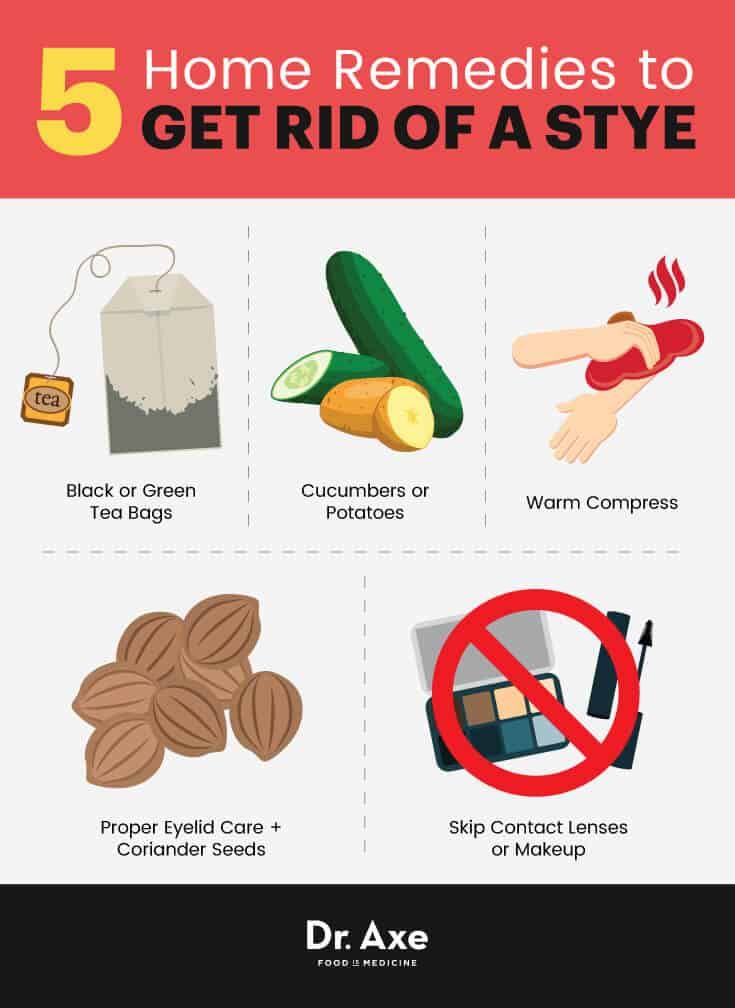 Obviously, you try whatever option you can to change behaviors. And maybe you try over and over to communicate differently in an attempt to make the relationship work, at least in part.
Obviously, you try whatever option you can to change behaviors. And maybe you try over and over to communicate differently in an attempt to make the relationship work, at least in part.
When you’ve done everything you can and things stay the same, you’ll know you tried whatever is possible. No guilt, no remorse, no shame. The final and only solution is to preserve your own integrity and health, and let your relationship with your toxic family member go. I call it “letting them play solitaire.” The toxic game requires at least two to play but when one person bows out, there’s only one left to play the game—and that’s no fun for them.
Dealing With Toxic Family Members
Written by Janie McQueen
Joe Aoleo moved from Rhode Island to Key West, FL, after retiring from his job as a firefighter/EMT. Aside from his quest for warm weather, he was relieved to get away from his family -- all of them.
“All of my siblings were controlling, never wrong, never apologizing, lying people,” Aoleo says.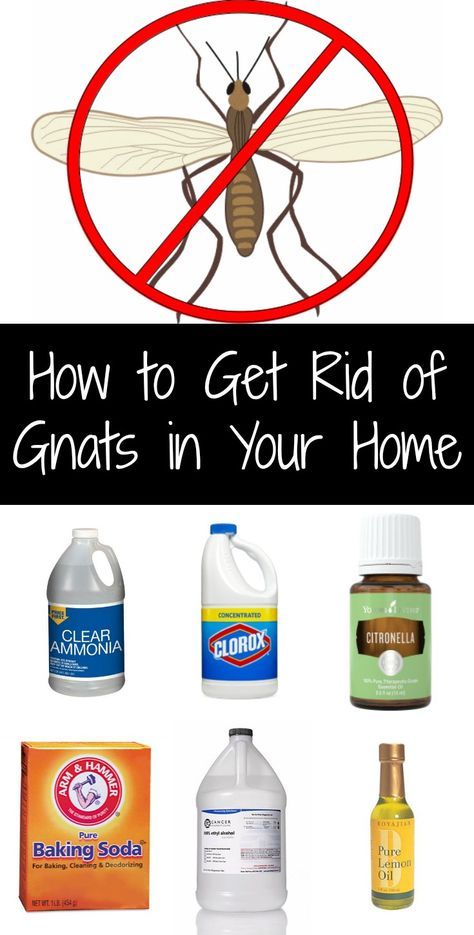 “There was no physical violence in my house ever. But it was [like] a thousand tiny cuts.”
“There was no physical violence in my house ever. But it was [like] a thousand tiny cuts.”
What’s Toxic Behavior?
Toxic behaviors run the gamut, says Sharon Martin, a licensed clinical social worker in San Jose, CA. She’s the author of The CBT Workbook for Perfectionism and The Better Boundaries Workbook, which is due out soon.
Common traits of toxic people include:
- Not showing concern for your feelings, needs, or rights
- Acting harsh and critical
- Calling you names
- Violating your boundaries over and over
- Refusing to compromise with you on anything
- Acting entitled
- Always having to be right
- Feeling the rules don’t apply to them
- Making unfair demands on you
- Not taking responsibility for their actions
- Blaming others for their mistakes or flaws
- Rarely saying they’re sorry for something
- Wild mood and behavior swings, and sessions of rage
- Lying and/or guilting you to get their way
- Manipulating you to get to control or take advantage of you and others to get what they want
“Toxic behaviors exist on a continuum,” Martin says. Truly toxic behaviors are part of a pattern of maltreatment or lack of regard for others. They aren’t isolated incidents.”
Truly toxic behaviors are part of a pattern of maltreatment or lack of regard for others. They aren’t isolated incidents.”
Alas, toxic people rarely change their behavior, or want to. “They may lack self-awareness or respond with denial when confronted with their poor treatment of others,” she says.
Aoleo says his family members all vied for control. “I was a control freak at the time as well,” he says. “But I knew I was, and knew I had to change. They didn’t.”
“Guilt was always there,” even when it came to his daughter, Aoleo says. “My daughter was, and probably still is, a master of the kindness-to-guilt-to-anger method of being right. She once told me I had to be nice to her because she was all I had to take care of me when I’m old. I told her I’d put a bullet in my head before I’d ever let that happen. And I’m pretty sure the whole thing was about money I’d lent her and never collected -- again.”
Set Clear Boundaries
It can be hard to identify and set boundaries if you’re from a family that doesn’t honor or respect them.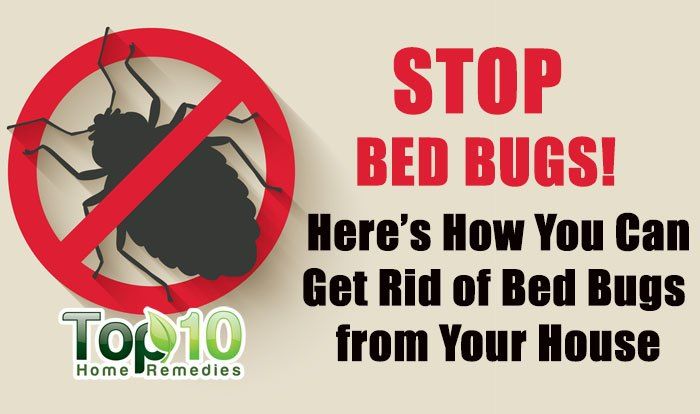 You get to decide what treatment you’ll accept now, though. Martin suggests stating your needs and feelings directly. You might ask your family member to change their behavior, such as saying, “Please don’t curse at me.”
You get to decide what treatment you’ll accept now, though. Martin suggests stating your needs and feelings directly. You might ask your family member to change their behavior, such as saying, “Please don’t curse at me.”
“This is not usually successful with toxic people because they’re not motivated to change their behavior,” she says. Instead, the boundary helps remind you to protect yourself from their ways. For example, you might hang up the phone or block your sibling’s number if they continue to curse at you on a call.
Keep Your Distance
One way to stay emotionally distant is to limit how much personal info you share, Martin says. Say your sister mocks you and makes sarcastic comments after you confide in her about a problem you have. This is your cue to share as little as possible with her in the future.
Also, you don’t have to answer private questions from family members. It’s OK to say, “I’d rather not talk about it.” Then don’t. Likewise, avoid asking about their personal lives. Trade info about key family business only.
Trade info about key family business only.
Try to sidestep arguments at all costs. “Toxic people will try to draw you into an argument to distract you from the real issues,” Martin says. “They will often turn things around on you -- blaming you for their toxic behaviors and never taking ownership for their behavior.”
Many people find sharply limiting or ending contact with a toxic family member is the only way to protect themselves, Martin says. “You’re not a bad person or a failure if this happens.”
Aoleo stayed in touch with one of his sisters while he lived in Florida, but he didn’t feel very close to her, either. On his decision to move to the Big Island of Hawaii, he cut ties with her as well.
“I’m now the only one in my family who doesn’t live within 50 miles of every other family member,” he says.
Other Useful Tactics
Other steps in your game plan to help you make firm choices, wipe away guilt, and move on with your life might include:
- Don’t expect anyone to be perfect, including yourself.
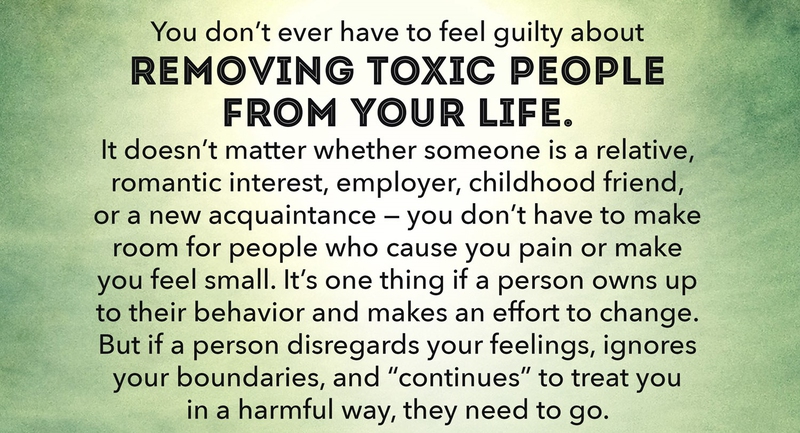
- Stop trying to fight old battles. There’s usually no way to resolve them.
- Stand your ground. For example, if your family expects you to show up for a holiday and you want out, say “no.” Don’t leave the door ajar with a “maybe.”
- Let go of your wishes for family members’ lives. You can’t make them change their minds or alter their plans.
- Once you resolve to change your own behavior, brace for strong reactions from family members and even friends. Try to predict what responses you might get -- such as crying, guilt, shouting, or even threats -- and decide how you’ll respond.
How to Move On
Find solid support, Martin says. Seek out friends and new people to share with, such as a therapist, 12-step group, or other support circle.
"Dealing with family members who have toxic behaviors is stressful and emotionally taxing,” she says. “Be sure to take good care of yourself physically and emotionally."
Your physical safety is key. "If you’re dealing with someone who has hurt or threatened to hurt you or others, you may need to call the police, avoid being alone with the person, or create a plan to leave quickly, if necessary. "
"
To Aoleo, peace of mind trumps keeping in touch with family. “I’m not angry with them, I just don’t care,” he says. “Family doesn’t mean much to me. They’re just people like everyone else, but you feel obligated to them for no real reason. I don’t feel that obligation anymore.”
He's found space and calm in a relaxed community in the Hawaiian rainforest. “My job taught me to run into fires, and common sense taught me to run from my family,” he says. “Now I’m a happy, almost always wet, guy living with a family of controlling, almost always wet, mutts in my paradise on the side of a volcano in the middle of our largest ocean. Perfect.”
10 Ways to Deal with Toxic Family Members / Sudo Null IT News
Some native people are destructive, complex and prone to dominance . It is especially difficult if one of the parents turns out to be a problem family member. How to deal with it? As a child, I had a harmful relative.
I know he loved me, but he lacked some vital skills.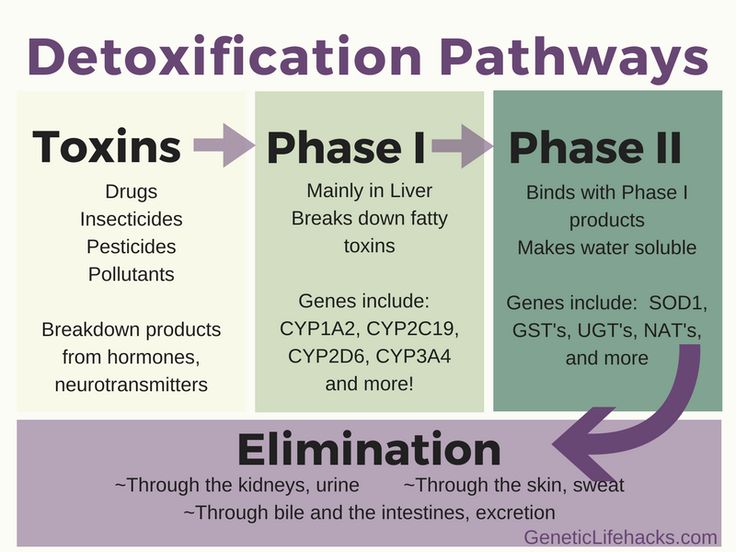 nine0009
nine0009
Sometimes it was fun and joyful with him, but there were times that I don't want to remember. I often faced harsh criticism, abuse, rejection caused by his high expectations.
The driving forces behind my behavior were shame and guilt. I often could not predict what would irritate this member of my family. I endured explosive and sometimes violent outbursts of rage.
Much of my childhood was confused, sad and terrifying. It affects me to this day. Unfortunately, as a child, I did not know how inadequate many of his actions were. nine0009
I also didn't know how to deal with such treatment. Now that I'm older, we've managed to reconnect.
To do this, we had to leave. And each of us had to change our behavior.
We don't always get along, and sometimes hurtful remarks do slip through. But now I am able to maintain a relatively pleasant and comfortable relationship with this relative.
It is believed that the family should initially be loving and safe, but this is not always the case. Some native people are destructive, complex, and prone to dominance. It is especially difficult if one of the parents turns out to be a problem family member. nine0009
Some native people are destructive, complex, and prone to dominance. It is especially difficult if one of the parents turns out to be a problem family member. nine0009
In any close relationship there are disagreements and difficulties.
We all have relatives with whom we are in conflict over music, life decisions or politics. Usually we spend the necessary effort working on the problem, or we just smile politely and ignore it.
However, relationships are called toxic in which one person emotionally or physically ruins the life of another on an ongoing basis.
Such behavior is not acceptable, even if such a person is part of your family. nine0011 Your priority should be your health and emotional balance. If someone puts them at risk, you need to correct the situation.
How do you know if someone is causing harm?
Here are some examples of the behavior of a troubled family member:
- Constantly inserts offensive comments.
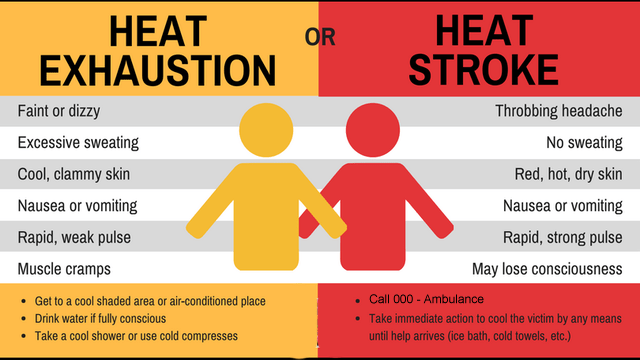
- Does not support you if it is not beneficial for him.
- Has an unpredictable, complex character.
- Uses your time, skill or money. nine0040
- Emotionally manipulates you to control your behavior.
- Refuses to be held accountable for his actions.
- Makes decisions for you.
- Demonstrates a lack of empathy for others.
- Blames you and everyone else for his problems.
- Uses violence or aggression to get what he wants.
Understandably, this behavior creates an unhealthy environment and can have a negative impact on your health and well-being. For example, it might call:
- anxiety;
- depression;
- fear of being near this relative;
- shame or guilt;
- low self-esteem or self-doubt;
- difficulties with the formation of emotional intimacy with other people;
- inability to trust one's instinct or intuition;
- distance from others;
- aggression as a form of defense;
- sleep problems.
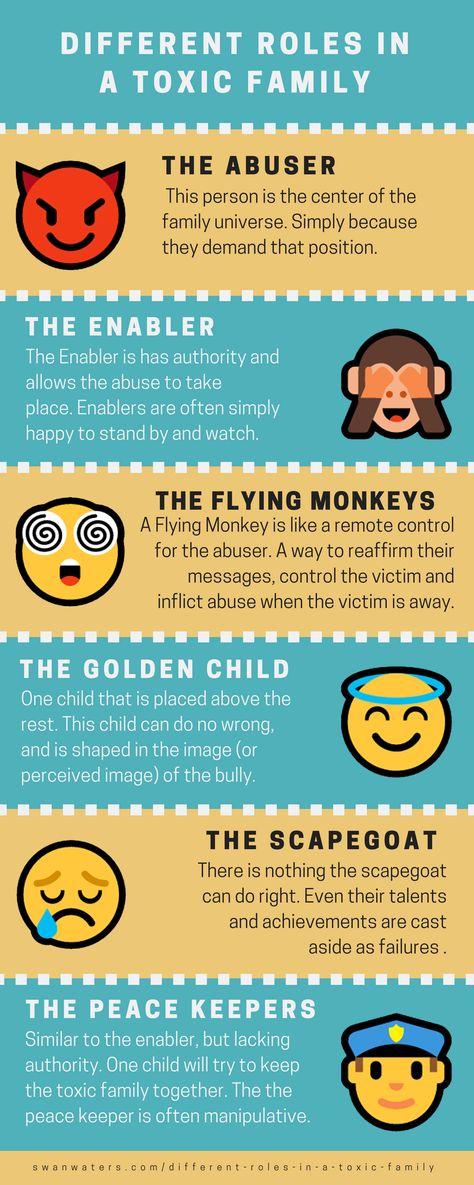 nine0040
nine0040
No one is able to control someone else's behavior. You cannot force another person to change their actions.
The only thing we can control when we are in a toxic relationship with our loved ones is our own reaction. You decide how to take care of yourself.
Here are 10 ways to deal with harmful family members
1. Set boundaries
Decide which attitude is acceptable to you and which is not. nine0011 Everyone deserves respect, including you. You deserve to be happy, healthy, loved and safe.
Determine what your needs are and how others should treat you to meet them. Then, by implementing point #2, you will ensure the implementation of your solution.
2. Know how to stand up for yourself
When unfriendly family members cross the boundaries you set, you must stand up for yourself.
Yes, it can be intimidating and challenging.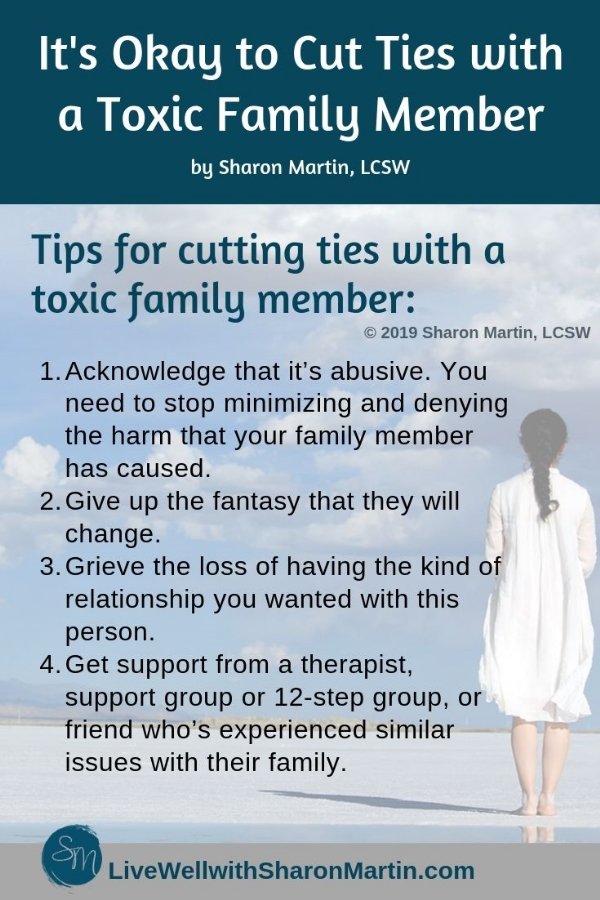 But it is important that you be direct and honest with them about your needs and expectations. nine0009
But it is important that you be direct and honest with them about your needs and expectations. nine0009
You can take responsibility for your own life and the way others treat you by letting them know that they are doing something unacceptable.
3. Stop looking for excuses
Don't make excuses for other people's unacceptable behavior.
Yes, they may try to blame you or someone else. But the truth is that only they themselves are responsible for their decisions and actions.
By justifying someone's behavior, you support them and allow them to continue in the same spirit. If your expectations are reasonable and you have been honest with your relative, then he is obligated to act in accordance with them. nine0009
4. Don't be afraid of your emotions
Dealing with a toxic family member will bring you unpleasant feelings and emotions.
Feeling angry, sad, afraid, confused is normal. Do not try to get rid of these emotions, but give yourself the opportunity to feel and experience them.
Do not try to get rid of these emotions, but give yourself the opportunity to feel and experience them.
So your body and mind can process them, and not drive them inside. In addition, it will prevent the formation of an unhealthy mechanism of psychological adaptation.
5. Don't take it personally
This is difficult, but try not to take the words or actions of a harmful relative personally. He has his own health problems, and they are the source of his behavior.
This is his reflection, not yours. Believe in yourself and your own worth, regardless of other people's opinions and comments.
6. Limit the time you spend together
If a toxic family member makes you feel bad about yourself, you need to limit your time with them. This is not easy when it comes to a parent, brother or sister with whom you live together. nine0009
Even so, you can stay in your room, go out with friends or walk down the street.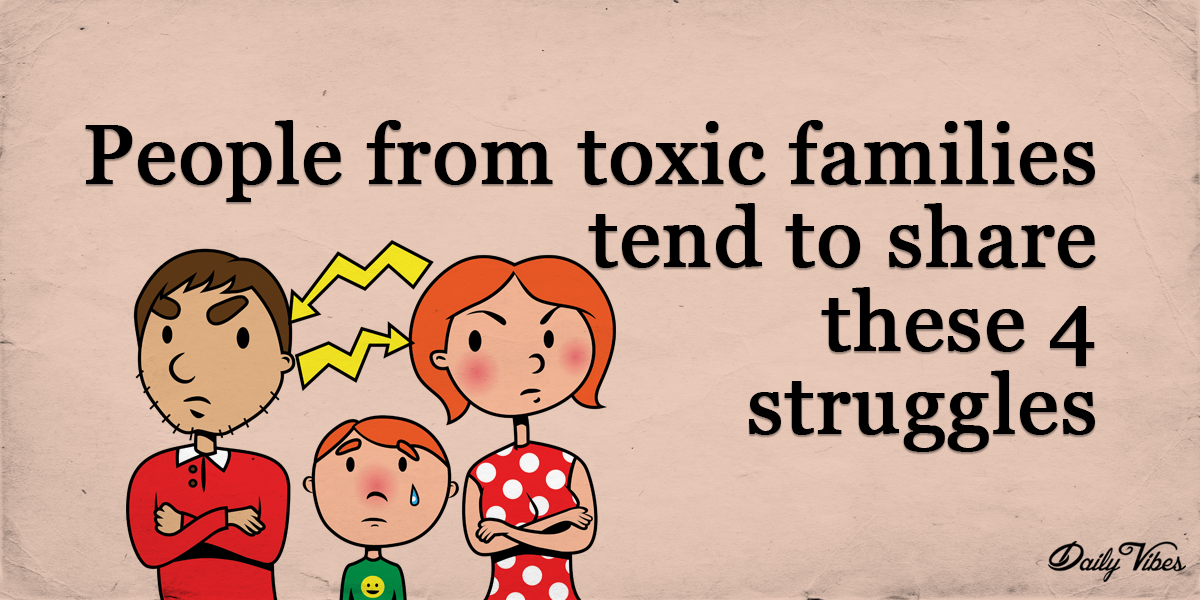 If you live apart, just reduce the number of meetings or the duration of your visits.
If you live apart, just reduce the number of meetings or the duration of your visits.
7. Seek help
Interacting with a harmful relative is a psychologically difficult and emotionally exhausting activity. Therefore, you need to gain strong support from outside.
Share your problems with loved ones, trusted friends or family. Read books about dealing with unwanted family members to hear other people's stories. This way you will get additional information and find new strategies. nine0009
You may be able to find a support group. For example, there are organizations that help those who suffer from alcoholism relatives.
You may want to get professional help from a psychologist to work through a toxic relationship and its consequences.
8. Help yourself
Self-care is vital to maintaining mental health. And it becomes especially important in difficult situations.
Set aside time to meditate, journal, take a hot bath, or do something else that brings you joy.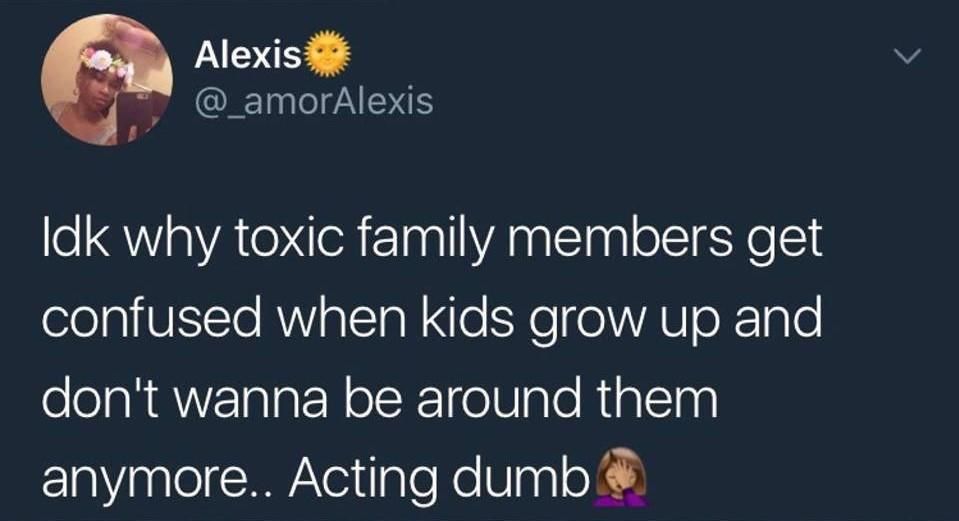 Daily affirmations will also help. nine0009
Daily affirmations will also help. nine0009
Treat yourself kindly, cheer yourself up. Focus on the good by listing the things you are grateful for every day.
Remember: your value is not diminished if someone is unable to see it.
9. Be responsive
Despite the difficulty of the task, showing compassion to a harmful relative can be beneficial.
However, this does not mean that you should excuse his behavior. It's just about recognizing that he's not a bad person in the first place. We are all imperfect. nine0009
He ended up in his current position due to difficult life circumstances or lack of skills. Each of us has our own trouble that we are trying to cope with, and we all make mistakes sometimes. This is part of human nature.
10. Break up with him
If the strategies above have not helped improve the situation, you will have to decide if you want to see this troubled family member at all.
Ask yourself if this relationship brings you more pain than joy. If the answer is yes, you will probably want to remove this person from your life until they start treating you with respect. nine0009
This may take a couple of weeks or longer. If nothing changes, the gap will become eternal.
Relationships are built on respect, trust and honesty, and everyone deserves them. The presence of family ties does not mean that you owe something to a person, or that he can treat you as he wishes. This is especially true if the relationship is detrimental to your health and well-being.
Use the strategies listed to improve your self-esteem and maintain your happiness and health. People can change, which means that together you can restore relationships. nine0009
Not easy and time consuming, but still possible. Note, however, that the key word is "together". The desire to work on the situation should be mutual.
Unfortunately, in many cases it is wiser to end a relationship. Having done your best to normalize the situation, you will have to decide what outcome is best for you and how you feel.
Having done your best to normalize the situation, you will have to decide what outcome is best for you and how you feel.
P.S. We recommend another useful article on the topic of working on yourself - How to learn to control yourself and start living the life you dream of. nine0009
Translated by Vyacheslav Davidenko, founder of TESTutor
You grew up in a toxic family: how it broke you
One day you decided to cut off all ties with your relatives because you were tired of suffering and realized that you were ready to say “Enough!”, because that you have to take care of yourself. It may have been the hardest decision of my life. And yet this is the best thing you can do for your own well-being. You yourself know that toxic parents have always done more harm than good. nine0009
You must have had many difficulties. The constant struggle for a place under the sun paints the world black. Surviving in such a family means constantly suppressing resentment, grief and anger. This does not pass without consequences. Most likely, you will have to deal with the following problems.
This does not pass without consequences. Most likely, you will have to deal with the following problems.
1. Anxiety
Children of toxic parents often experience anxiety. The reasons are different. For example, they were forbidden to go out with friends and go on holidays, or very much of what was considered normal for their peers was banned. These are the sources of current anxiety. A Ben-Gurion University study found that the majority of adults prone to anxiety grew up in dysfunctional and toxic families. nine0009
“Children who are not allowed to do, try, learn, overcome, fail often feel helpless and inadequate. They become so overwhelmed by the control of perpetually frightened parents that they become the same, ”writes psychotherapist Susan Forward in the book Toxic Parents.
2. Difficulties in interacting with people and showing feelings
Kissing, hugging, sensual relationships - children involuntarily resist any physical or emotional closeness. It's not that you don't want to, but it's still a burden. It is very difficult to open up to people because you cannot trust them and are afraid that you will be hurt again. Children from toxic families are ashamed of their relatives in front of friends, they do not invite anyone to their place, because they do not want everyone to know how bad and uncomfortable it is at home. nine0009
It's not that you don't want to, but it's still a burden. It is very difficult to open up to people because you cannot trust them and are afraid that you will be hurt again. Children from toxic families are ashamed of their relatives in front of friends, they do not invite anyone to their place, because they do not want everyone to know how bad and uncomfortable it is at home. nine0009
“Many grown-up children of such parents find it awkward to talk about love, they don't know what it should be like. Their parents treated them disgustingly in the name of love. In their view, love is constant unrest and suffering, a shameful and often painful feeling to which one must sacrifice oneself, ”comments Susan Forward.
3. Alertness and doubts about the correctness of perception
In toxic families, children are often reproached and punished undeservedly. They put up with punishments and even think that they got it for the cause, although in most cases they are not to blame.
